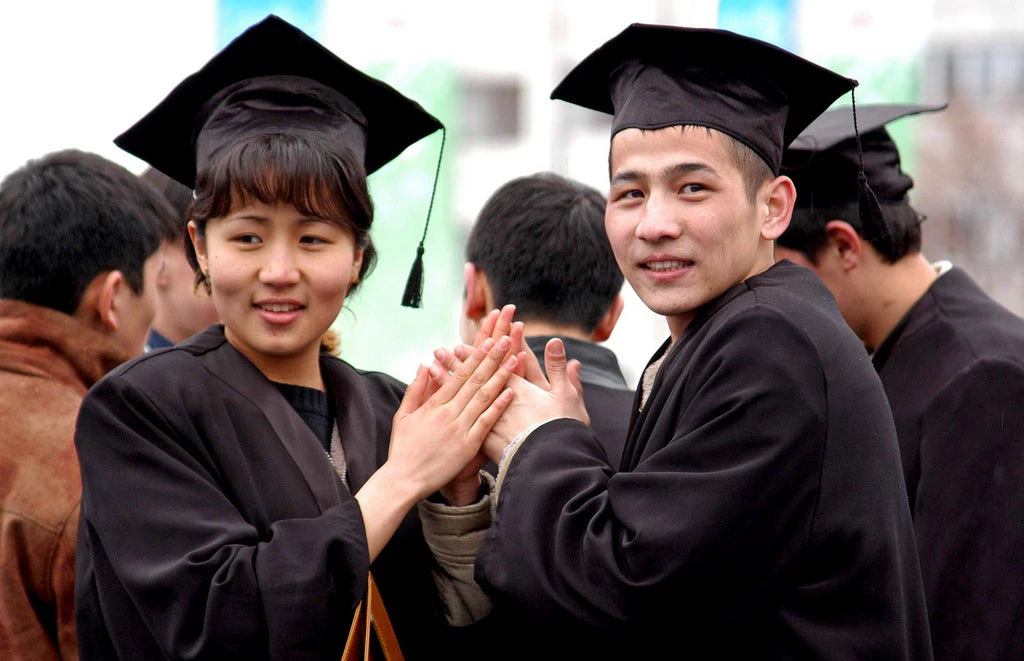
Do you remember how you felt when you graduated from high-school or college? Like me, you probably experienced some uncertainty and anxiety about what comes next, asking questions such as: “Will I get a job, and if so, where? And am I fully equipped to compete in the workforce?”
Indeed, these are important questions for many graduates entering the labor market in my country, Kazakhstan, where strong economic growth over the last decade has exposed some major skill gaps in the workforce.
With the goal of closing those gaps and improving productivity and employment, the country has embarked on several initiatives at policy and institutional level. These initiatives focus on improving the national qualifications framework and occupational standards, shifting from rigid state standards centrally planned to a competency-based curriculum, and building closer links between education and industry.
For direct support and advice on international best-practices, Kazakhstan’s government turned to the World Bank. As a result, the Technical and Vocational Education Modernization (TVEM) Project – the World Bank’s first education project in Kazakhstan – has served as a ground-breaking mechanism for policy formation and collaboration in technical and vocational education.
Several gaps were identified: Kazakhstan’s education system was centrally planned, resourced, and managed – a legacy of the Soviet system. Technical and vocational education colleges followed unified curriculum and received allocated funds annually. The focus was more on inputs than outputs, with no clear accountability measures and limited school autonomy.
What has since changed? First of all, the TVEM Project has contributed to building a consensus among education and labor policy makers, industry representatives, and education institutions in charge of improving skills in Kazakhstan. Mutual understanding has been built upon to develop a comprehensive national qualifications system, aligning the curriculum with occupational standards and setting the foundation for an independent certification system.
The project also established the first-ever grant mechanism to encourage healthy competition among colleges in developing their strategic planning and establishing links with the private sector. Grants supported professional development activities for teachers, establishment of working groups with local employers, and the purchase of lab equipment.
As a result, colleges participating in the TVEM Project reported increased employment of their graduates and innovative dual education arrangements, while employers became more satisfied with the set of skills of graduates and their preparedness for work. I think, most importantly, that this allowed for a change in the work model within the private sector. Previously many education institutions had limited budget and went to the employers for financial assistance or donation of old equipment students could use.
TVEM grants program that encouraged private sector representatives to join school improvement plan committee and contribute to curriculum development led to mutually beneficial partnerships as both parties being equal with one joint purposes. Every year, graduates can go directly to local partners such as factories and plants as their skills and competencies are improved and aligned with the business needs.
However, I also understand that one project alone cannot resolve all issues related to education and training in a country. TVEM project interventions are just the beginning – to be scaled-up under a follow-up operation, the Skills and Jobs Project, which began in 2016.
As with any human development project, results are not always seen right away, simply because knowledge, skills and behavior are acquired and improved over time. However, after visiting these colleges, talking to school leaders, and witnessing students practicing their new skills, I am even more convinced that education can provide better life opportunities for people, especially those who are poor and disadvantaged. Such opportunities include improved skills acquisition, better compensation and more productive employment to meet the demands of the Kazakhstan market economy.
Find out more about World Bank Group education on our website and on Twitter .
All our resources on skills and jobs are available here.

Join the Conversation